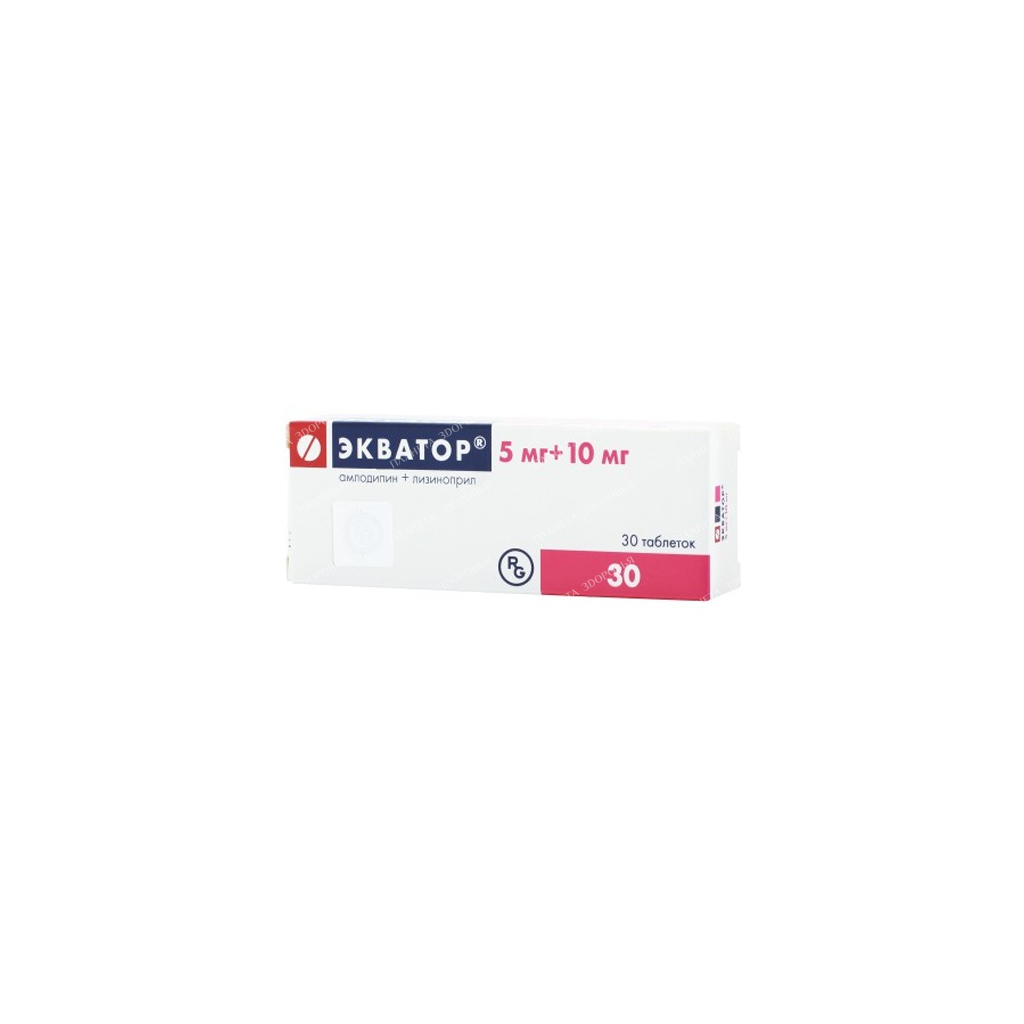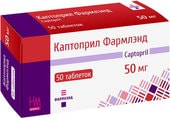Equator Tablets 10mg/5mg, 20mg/5mg, 20mg/10mg: A Comprehensive Guide to Lowering Blood Pressure
Find relief from hypertension with Equator tablets, a fixed-dose combination of lisinopril and amlodipine. This guide provides a comprehensive overview of Equator tablets, including its mechanism of action, indications, dosage, side effects, and interactions.
Key Benefits of Equator Tablets:
- Effective Blood Pressure Control: Equator tablets effectively manage hypertension by combining two potent antihypertensive medications.
- Convenient Dosage: A single daily dose provides long-lasting blood pressure control.
- Minimized Side Effects: The combined formulation may help reduce the potential side effects associated with either medication alone.
What is Equator Tablets?
Equator tablets are a fixed-dose combination drug containing lisinopril, an angiotensin-converting enzyme (ACE) inhibitor, and amlodipine, a calcium channel blocker. This unique combination works synergistically to lower blood pressure effectively.
How Equator Tablets Work:
- Lisinopril: Blocks the conversion of angiotensin I to angiotensin II, a potent vasoconstrictor, leading to blood vessel relaxation and reduced blood pressure.
- Amlodipine: Blocks calcium channels in the smooth muscle of blood vessels, relaxing the muscle and lowering blood pressure.
Indications for Use:
Equator tablets are indicated for the treatment of hypertension in adults. They are used as an alternative to taking lisinopril and amlodipine separately when these dosages effectively control blood pressure.
Important Information:
- Dosage and Administration: Take Equator tablets as directed by your doctor. The recommended dose is one tablet daily.
- Contraindications: Do not use Equator tablets if you are allergic to lisinopril, amlodipine, or any other dihydropyridine derivative. Equator tablets are contraindicated in patients with severe arterial hypotension, shock, severe aortic stenosis, unstable heart failure after a recent heart attack, and during the second and third trimester of pregnancy.
- Precautions: Consult your doctor before using Equator tablets if you have any kidney or liver problems, coronary heart disease, diabetes, or any other health conditions.
- Pregnancy and Breastfeeding: Equator tablets are not recommended for use during pregnancy or breastfeeding.
- Side Effects: The most common side effects of Equator tablets include headache, cough, and dizziness. Other possible side effects include edema, fatigue, nausea, and digestive upset.
- Interactions: Equator tablets can interact with other medications, including potassium supplements, diuretics, other antihypertensive medications, lithium, and certain antibiotics. Inform your doctor about all medications you are taking, including over-the-counter drugs and herbal supplements.
- Overdose: If you suspect an overdose of Equator tablets, seek immediate medical attention.
Equator Tablets: A Key Part of Managing Your Blood Pressure
Equator tablets can be an effective and convenient way to manage your hypertension.
Consult your doctor to determine if Equator tablets are right for you. This information is intended for educational purposes only and does not constitute medical advice. It is essential to discuss any health concerns or treatment options with a qualified healthcare professional.
| INN | AMLODIPINE + LISINOPRIL |
|---|---|
| The code | 18 316 |
| Barcode | 5 997 001 360 828 |
| Dosage | 10mg/5mg |
| Active substance | Amlodipine, lisinopril |
| Manufacturer | Gedeon Richter Pls., Hungary |
| Importer | IOOO Interfarmaks 223028 Minsk region, Minsk district, Zhdanovichsky s / s, ag. Zhdanovichi, st. Star, 19a-5, room. 5-2 |
 Free worldwide shipping on orders $99+
Free worldwide shipping on orders $99+  US: temporary delays — postal services aligning new import rules,
US: temporary delays — postal services aligning new import rules,  EU: 1–2 weeks,
EU: 1–2 weeks,  Worldwide: 1–4 weeks
Worldwide: 1–4 weeks 











